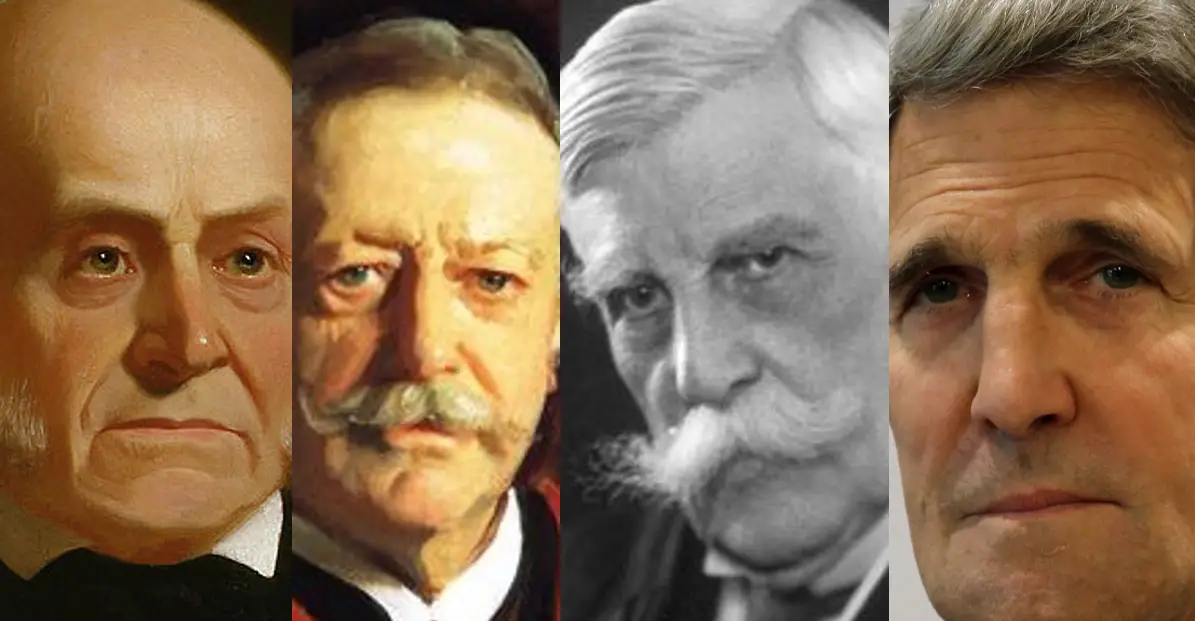Boston, Massachusetts, has long been synonymous with history, culture, and tradition. One of the most iconic and influential groups to emerge from this city is the Boston Brahmin, a term coined to describe the city’s elite class of wealthy, educated, and socially prominent families. While the original Boston Brahmin society dates back to the 18th century, its modern incarnation continues to shape the city’s social, cultural, and economic landscape. In this article, we will delve into the world of modern Boston Brahmin society, exploring its history, values, and traditions, as well as its impact on the city and beyond.

A Brief History of the Boston Brahmin
The term "Boston Brahmin" was first used in the 19th century to describe the city’s aristocratic class, who were often descended from English colonists and had made their fortunes in trade, commerce, and industry. These families, such as the Adams, Cabots, and Lowells, were known for their wealth, education, and social standing, as well as their influential roles in shaping the city’s politics, culture, and economy. Over time, the Boston Brahmin became synonymous with the city’s upper class, and their values, traditions, and way of life were seen as the epitome of refinement and sophistication.
Modern Boston Brahmin Society
Today, the modern Boston Brahmin society is a more diverse and inclusive group, comprising individuals and families from a wide range of backgrounds and industries. While the old-money families still hold a significant amount of influence and wealth, new-money families and individuals have joined the ranks, bringing fresh perspectives and ideas to the table. Despite these changes, the core values and traditions of the Boston Brahmin remain intact, with a strong emphasis on education, philanthropy, and community service.
Values and Traditions
At the heart of modern Boston Brahmin society are a set of values and traditions that have been passed down through generations. These include:
- Education: A strong emphasis on education is a hallmark of the Boston Brahmin, with many families sending their children to elite private schools and Ivy League universities.
- Philanthropy: Giving back to the community is a core value of the Boston Brahmin, with many families supporting local charities, arts organizations, and educational institutions.
- Community Service: Boston Brahmin families are often involved in community service, with many individuals holding leadership positions in local organizations and volunteering their time and expertise to help those in need.
- Cultural Preservation: The Boston Brahmin have a deep appreciation for the arts, history, and culture, with many families supporting local museums, historical societies, and cultural institutions.
Social and Economic Impact
The modern Boston Brahmin society has a significant impact on the city’s social and economic landscape. Many members of this group hold influential positions in business, politics, and education, shaping the city’s policies and direction. Additionally, their philanthropic efforts and community service have a lasting impact on the city’s non-profit sector, supporting organizations and initiatives that benefit the wider community.
Notable Boston Brahmin
Some notable Boston Brahmin include:
- The Kennedy Family: While not strictly a Boston Brahmin family, the Kennedys have long been associated with the city’s elite and have played a significant role in shaping the city’s politics and culture.
- The Pritzker Family: The Pritzker family, known for their Hyatt hotel chain, are a prominent example of a Boston Brahmin family who have made a significant impact on the city’s business and philanthropic scene.
- The Weld Family: The Weld family, who have been involved in Boston politics and business for generations, are a classic example of a Boston Brahmin family who have shaped the city’s history and culture.
FAQs
Q: What is the difference between old-money and new-money Boston Brahmin?
A: Old-money Boston Brahmin families have been wealthy and influential for generations, while new-money families have acquired their wealth and status more recently.
Q: How do I become a part of Boston Brahmin society?
A: Becoming a part of Boston Brahmin society requires a combination of factors, including wealth, education, and social standing, as well as a commitment to the values and traditions of the group.
Q: What is the role of philanthropy in Boston Brahmin society?
A: Philanthropy plays a significant role in Boston Brahmin society, with many families supporting local charities, arts organizations, and educational institutions.
Q: How has the Boston Brahmin society changed over time?
A: The Boston Brahmin society has become more diverse and inclusive over time, with new-money families and individuals joining the ranks and bringing fresh perspectives and ideas to the table.
Conclusion
The modern Boston Brahmin society is a vibrant and dynamic group, shaped by a rich history and a set of enduring values and traditions. While the group has evolved over time, its commitment to education, philanthropy, and community service remains unchanged. As a result, the Boston Brahmin continue to play a significant role in shaping the city’s social, cultural, and economic landscape, and their influence can be seen in many aspects of Boston life. Whether you are a native Bostonian or just visiting the city, the legacy of the Boston Brahmin is an important part of the city’s fabric, and their impact will be felt for generations to come.
Closure
Thus, we hope this article has provided valuable insights into The Enduring Legacy of Modern Boston Brahmin Society. We appreciate your attention to our article. See you in our next article!





